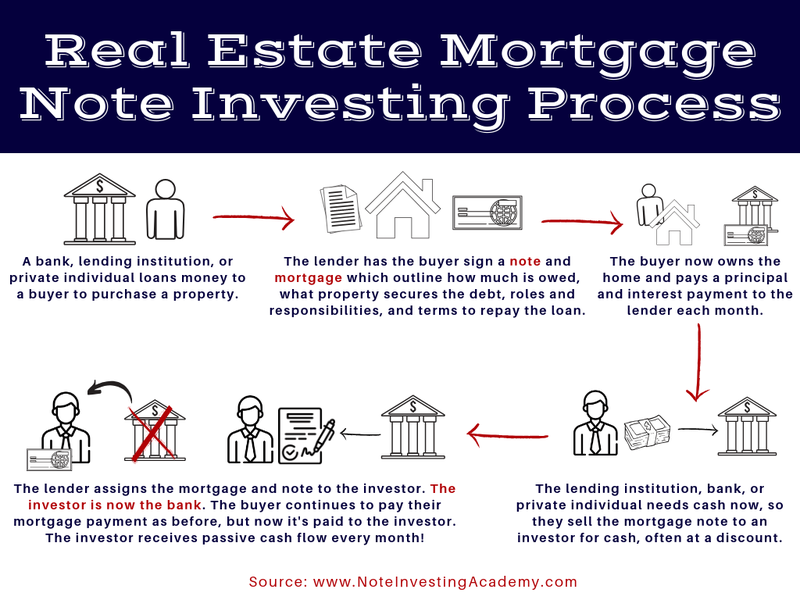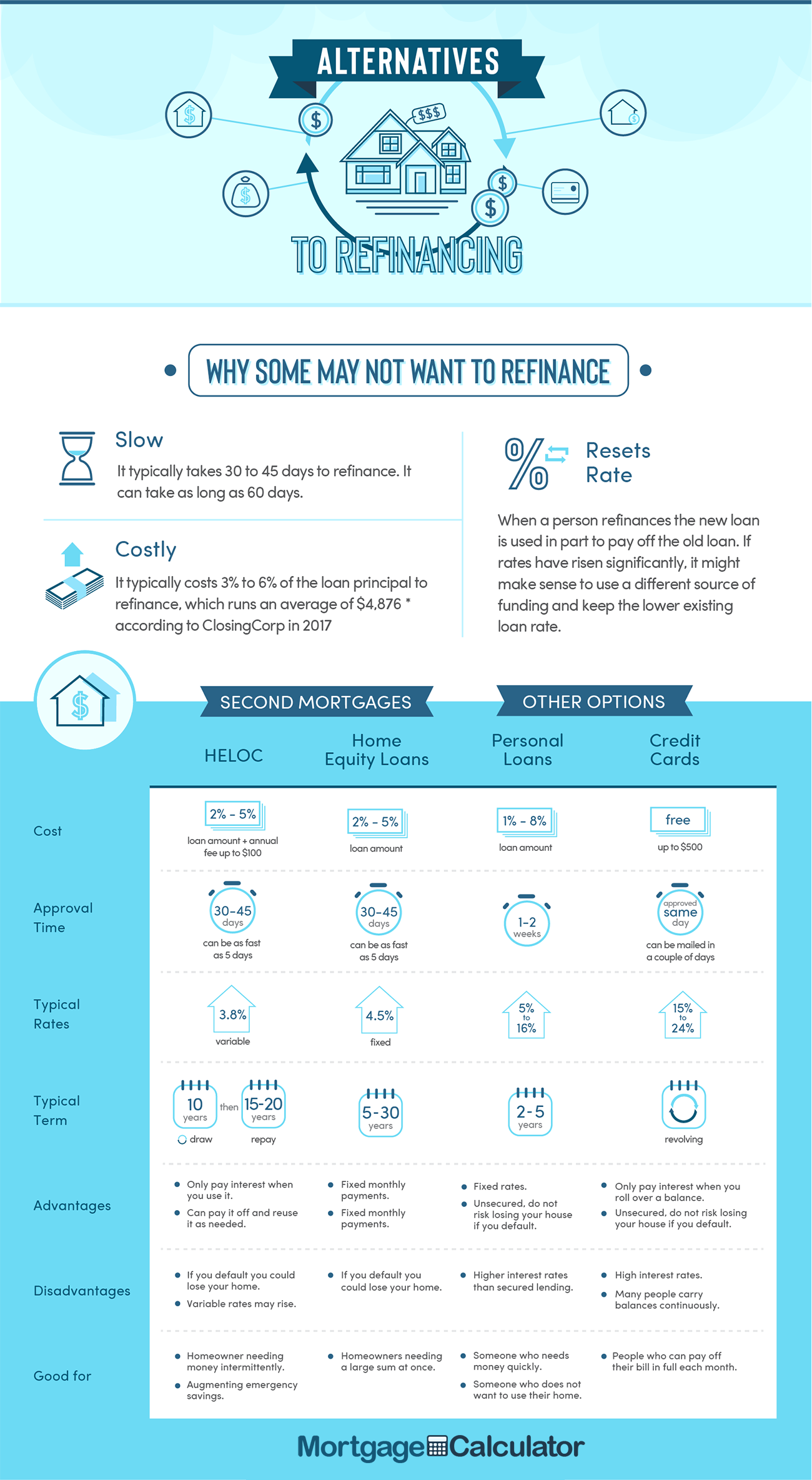Home loan payments are structured so that interest is paid off sooner, with the bulk of home loan payments in the first half of your mortgage term going toward interest. As the loan amortizes, a growing number of of the home mortgage payment approaches the principal and less toward its interest. Check out on: Before you even obtain a home mortgage, you have to get preapproved. When you sign, these become what you have to pay. With a fixed-rate mortgage, your rate of interest stays the same throughout the life of the home mortgage. (Home loans typically last for 15 or 30 years, and payments should be made regular monthly.) While this suggests that your interest rate can never ever go up, it likewise means that it might be higher usually than a variable-rate mortgage in time.
Nevertheless, you usually get a certain variety of years at the start of the loan duration during which the rate of interest is fixed. For example, if you have a 7/1 ARM, you get seven years at the repaired rate after which the rate can be changed once each year. This means your regular monthly home mortgage payment might go up or down to account for modifications to the interest rate.

If you're 62 or older and want money to pay off your mortgage, supplement your earnings, or spend for health care costs you may consider a reverse mortgage. It permits you to convert part of the equity in your house into money without having to sell your house or pay additional month-to-month expenses.

A reverse mortgage can consume the equity in your house, which suggests less possessions for you and your beneficiaries. If you do decide to try to find one, examine the different kinds of reverse mortgages, and contrast store prior to you select a particular business - how do mortgages work in monopoly. Keep reading to discover more about how reverse home loans work, qualifying for a reverse home loan, getting the best offer for you, and how to report any scams you may see.
Little Known Facts About How Do Home Equity Mortgages Work.
In a mortgage, you get a loan in which the lending institution pays you. Reverse home loans take part of the equity in your house and transform it into payments to you a sort of advance payment on your home equity. The cash you get usually is tax-free. Usually, you do not have to repay the cash for as long as you reside in your house.
In some cases that implies offering the house to get cash to wesley remote repay the loan. There are three type of reverse home loans: single purpose reverse home loans provided by https://www.bizjournals.com/nashville/c/meet-the-2020-best-places-to-work/12253/wesley-financial-group-llc.html some state and city government firms, in bizjournals.com/nashville/news/2020/04/13/nbj-reveals-the-2020-best-places-to-work-honorees.html addition to non-profits; proprietary reverse mortgages private loans; and federally-insured reverse home mortgages, likewise referred to as Home Equity Conversion Home Loans (HECMs).
You keep the title to your house. Rather of paying month-to-month mortgage payments, though, you get an advance on part of your house equity (how to reverse mortgages work). The cash you get normally is not taxable, and it normally will not impact your Social Security or Medicare advantages. When the last making it through borrower passes away, offers the home, or no longer lives in the home as a primary house, the loan has to be paid back.
Here are some things to consider about reverse mortgages:. Reverse home loan lending institutions usually charge an origination fee and other closing costs, as well as servicing costs over the life of the mortgage. Some likewise charge mortgage insurance premiums (for federally-insured HECMs). As you get money through your reverse home loan, interest is added onto the balance you owe every month.
Some Known Factual Statements About How Does Underwriting Work For Mortgages
The majority of reverse home mortgages have variable rates, which are connected to a financial index and modification with the marketplace. Variable rate loans tend to give you more alternatives on how you get your money through the reverse home loan. Some reverse home mortgages primarily HECMs offer fixed rates, however they tend to require you to take your loan as a lump sum at closing.
Interest on reverse home mortgages is not deductible on earnings tax returns till the loan is paid off, either partly or completely. In a reverse mortgage, you keep the title to your house. That suggests you are accountable for real estate tax, insurance, utilities, fuel, upkeep, and other costs. And, if you do not pay your real estate tax, keep house owner's insurance coverage, or maintain your home, the lending institution may need you to repay your loan.
As a result, your lender may require a "set-aside" total up to pay your taxes and insurance coverage during the loan. The "set-aside" reduces the amount of funds you can get in payments. You are still accountable for keeping your home. With HECM loans, if you signed the loan documents and your spouse didn't, in certain situations, your partner may continue to live in the house even after you pass away if she or he pays taxes and insurance coverage, and continues to keep the property.
Reverse mortgages can utilize up the equity in your house, which means less possessions for you and your heirs. The majority of reverse mortgages have something called a "non-recourse" stipulation. This suggests that you, or your estate, can't owe more than the worth of your house when the loan ends up being due and the home is sold.
See This Report about How Do Second Mortgages Work In Ontario
As you consider whether a reverse home loan is ideal for you, also consider which of the three types of reverse home loan may finest match your requirements. are the least expensive choice. They're used by some state and local federal government agencies, in addition to non-profit organizations, but they're not readily available all over.
For instance, the loan provider may say the loan may be used just to pay for home repairs, improvements, or home taxes. Most property owners with low or moderate earnings can receive these loans. are private loans that are backed by the business that develop them. If you own a higher-valued home, you may get a larger loan advance from an exclusive reverse home loan.
are federally-insured reverse mortgages and are backed by the U. S. Department of Housing and Urban Development (HUD). HECM loans can be utilized for any function. HECMs and proprietary reverse home mortgages may be more costly than standard home mortgage, and the upfront expenses can be high. That is essential to think about, specifically if you plan to remain in your home for simply a short time or obtain a percentage.
In general, the older you are, the more equity you have in your house, and the less you owe on it, the more money you can get. Before getting a HECM, you must satisfy with a counselor from an independent government-approved real estate therapy firm. Some lending institutions using exclusive reverse home loans likewise need therapy.